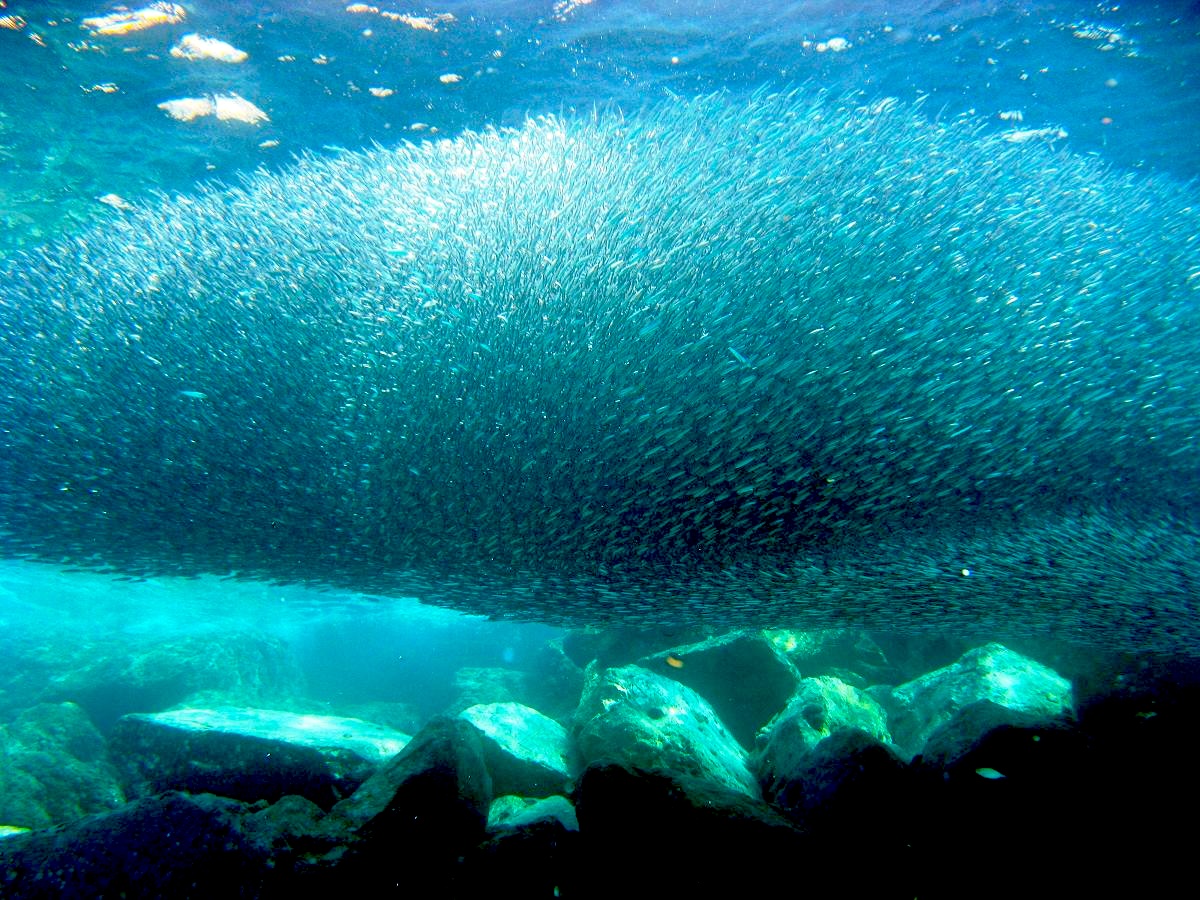15 novembre 2024

The General Fisheries Commission for the Mediterranean (GFCM) made history last week by adopting harvest control rules for Adriatic sardines and anchovies, the first for this organization. Until now, the only international harvest strategy in the Mediterranean was the Atlantic bluefin tuna management procedure adopted by ICCAT.
Grantly Galland, a project director for The Pew Charitable Trusts’ international fisheries program, said:
“Sardines and anchovies in the Adriatic Sea are the first beneficiaries of a move to sustainable, science-based harvest strategies in the region. This week, the General Fisheries Commission for the Mediterranean (GFCM) adopted these new rules, which should prevent overfishing of these valuable fish populations. Given that over half the species managed by the Commission are overfished, this is an encouraging step, and the commitment to more harvest strategies in the future will help rebuild and maintain fisheries’ health over time.”
Pre-Agreed Catch Limits for Sardines
The first of the two harvest strategies applies to Adriatic sardines, a species critical to the region’s fishing industry and ecosystem. Under the new rule, pre-agreed catch limits will replace the need for annual quota negotiations. This state-of-the-art management approach aligns fishing activity with the boom and bust of sardine populations, helping to maintain a stable fishery that can be sustained over time. By reducing the uncertainty of year-to-year negotiations, GFCM is helping prevent overfishing and ensuring a more consistent supply, benefiting both fish populations and the fishers who rely on them.
Anchovy-Specific Harvest Strategy
In parallel, GFCM has also implemented a harvest strategy tailored explicitly for anchovies. This pre-set catch limit will similarly protect anchovy populations from the pressures of overfishing, ensuring that catch levels remain within sustainable bounds. Anchovies, like sardines, are an essential species both ecologically and economically for the region, and this modern management approach provides the framework needed to support their recovery and long-term health. By putting science at the forefront of decision-making, GFCM is paving the way for resilient fishery management that secures the future of anchovy stocks in the Adriatic.
A Positive Step for the Future of the Mediterranean
Sardines and anchovies in the Adriatic are now at the forefront of sustainable fisheries management, setting a new standard for GFCM’s commitment to implementing harvest strategies across the Mediterranean. These newly adopted HCRs mark a significant advance but will require additional agreements on data inputs and assessment methods to evolve into a fully operational and robust harvest strategy. There’s still work to be done, and these initial steps are expected to spark a ripple effect that benefits both biodiversity and the fishing economy in the region.
With these measures, the GFCM demonstrates its dedication to science-based fisheries management, inspiring similar actions in other Mediterranean fisheries. Blackspot seabream is next on the list for GFCM’s harvest strategy development, showing that this progress for sardines and anchovies is just the beginning. By adopting these HCRs, the commission is paving a path to restore the Adriatic’s marine ecosystem and secure a resilient future for this vital fishing region.